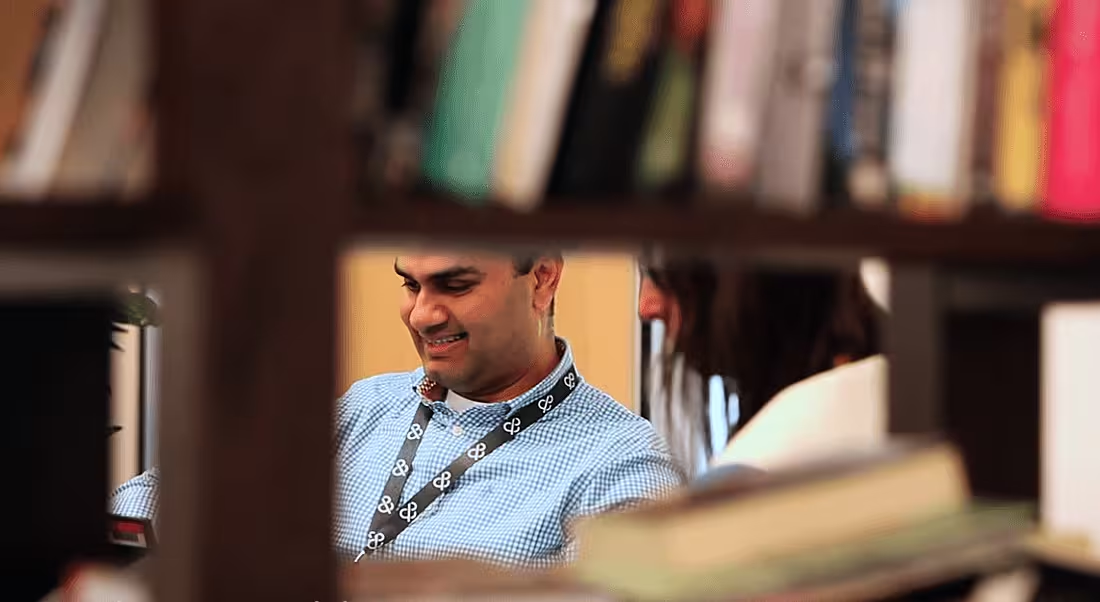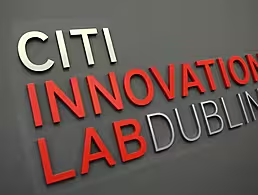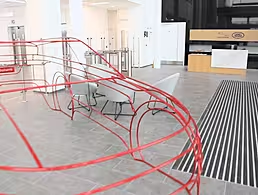What are the key attributes Dun & Bradstreet looks for in new hires? Here, we catch up with some of its Dublin team to find out more.
At Dun & Bradstreet’s Dublin office, the team has found its “stride”, site lead Dónal Cavanagh tells us. With greater capacity for international impact in store for team members, he says, it’s “a really exciting time”.
At its Dublin base, Dun & Bradstreet specialises in cloud-based APIs and data platforms, Cavanagh explains. “We have built the data platforms with the necessary scale to manage the accuracy and freshness of literally billions of pieces of changing information every day. These are not trivial tasks and our teams engineer for these challenges every day.”
Though Dun & Bradstreet is a global business with operations all around the world, Cavanagh says that the company is “not a monolith”. “We’ve got access to C-level where we can really effect change,” he adds.
Staying ahead of the curve
For software developer Hazel Bracken, the technology that Dun & Bradstreet is driving is “one of the best things” about working at the company. But beyond that, she also enjoys the “pretty friendly and good atmosphere” at the office.
“The people are great – everyone’s super friendly, super nice and very approachable,” she says. And that’s helped by the facilities and activities on offer to the people working there, including yoga sessions and gym classes during lunch.
Meanwhile, senior technical manager Patrick O’Sullivan tells us that the company likes “to see people come in and be motivated by progress, and not necessarily perfection”.
That’s crucial, O’Sullivan explains, for supporting the types of employees that the company seeks out – those with adaptability.
“The tech industry – the way it is right now – it changes quite a lot. For any company to stay ahead of curve, they have to change and go with the market trends,” he says.
Dun & Bradstreet prioritises recognising and celebrating short-term wins, which O’Sullivan describes as “one of the key stages in leading change”.
“As I said – progress, not perfection,” he adds.




